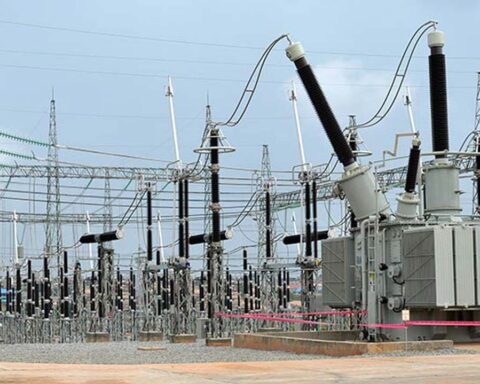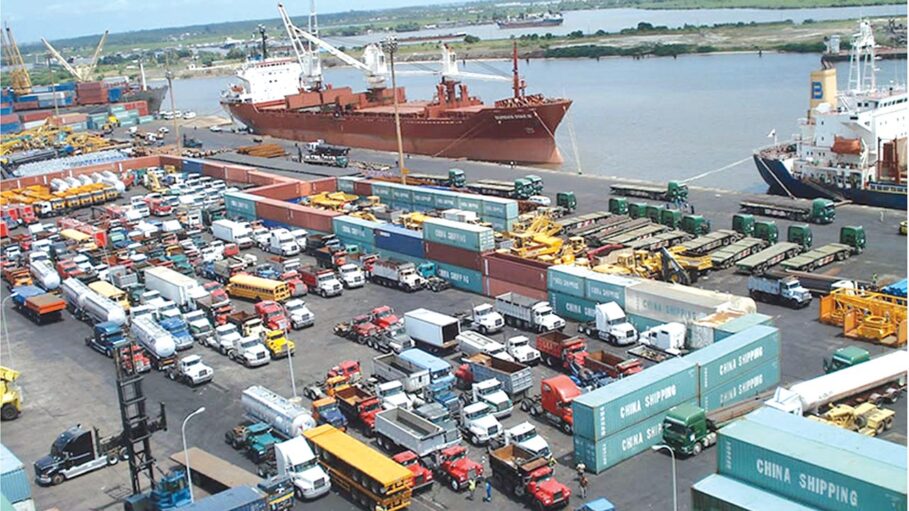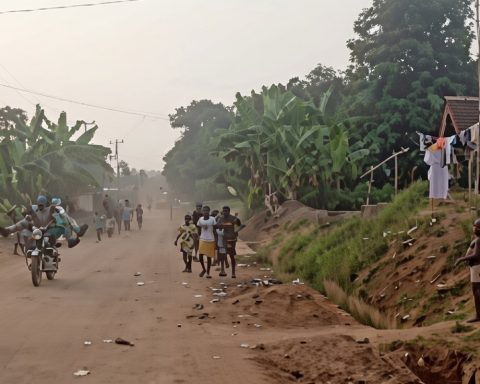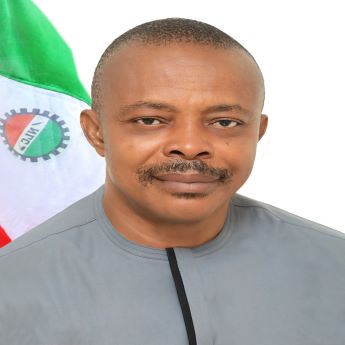The International Energy Agency (IEA) disclosed on Wednesday that Nigeria’s national power grid recorded 46 collapses between 2017 and 2023.
The most recent setback occurred on September 14, 2023, when a major transmission line succumbed to fire, triggering nationwide blackouts.
Join our WhatsApp ChannelREAD ALSO: Nigeria’s Power Sector Journey: 2023 In Perspective
“The recurrent grid collapses underscore the challenges Nigeria faces with its aging infrastructure and rampant vandalism,” emphasized the IEA representative during the report’s presentation.
The report shed light on the grim reality that the deterioration of power infrastructure led to an increased reliance on backup generators, accounting for 40% of electricity consumption in the country.
Despite having a total installed capacity of approximately 13 MW, Nigeria struggled with an average available capacity of only 4.5 MW in 2023. The reasons cited included deteriorating units, poor maintenance practices, and liquidity constraints.
Speaking on the matter, the IEA declared, “Unreliable power supply, stemming from limited grid infrastructure, underinvestment, and ineffective regulatory frameworks, has resulted in 40% of Nigeria’s electricity being produced from backup generators.”
The report also detailed the composition of Nigeria’s energy mix, highlighting that natural gas contributed 75% to electricity generation in 2023. The IEA projected that renewables, particularly hydropower and solar PV, would play an increasingly significant role in the coming years.
The Zungeru project, with an estimated annual generation of 2.6TWh, is set to boost hydropower, while solar PV is expected to grow rapidly at an average rate exceeding 50% per year over the next three years, according to the country’s Energy Transition Plan.
As Nigeria grapples with persistent power challenges, the IEA called for urgent attention to infrastructure upgrades, regulatory reforms, and increased investment to ensure a stable and sustainable power supply for the nation’s future.


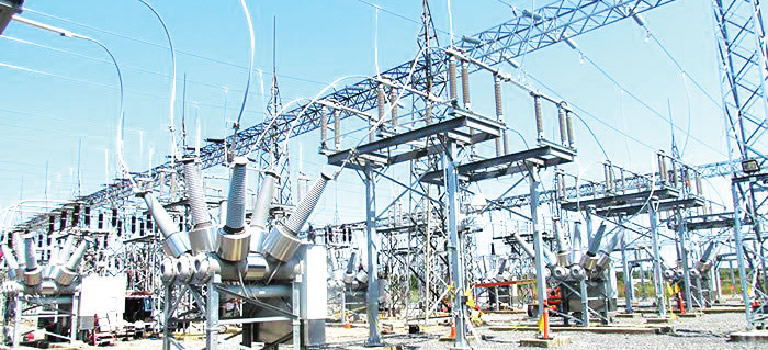
![Electricity Debt: Abuja DisCo Gives Final Disconnection Notice To 25 Govt Agencies [Full List]](https://www.primebusiness.africa/wp-content/uploads/2024/06/Abuja-Electricity-pole.jpg)

